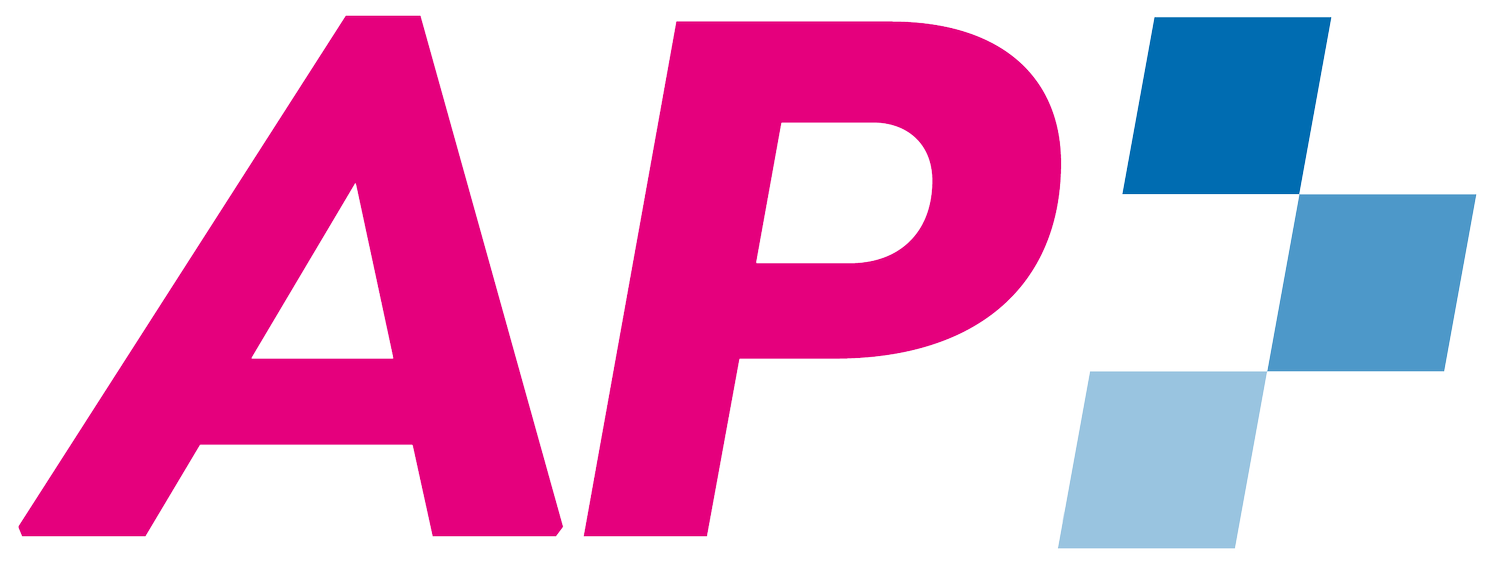Fortifying Healthcare in Lebanon: Aid Pioneers' Largest Solar Installation To Date
In the midst of Lebanon's energy crisis, our solar system installations offer a sustainable support system to our local partners. The upcoming project not only marks our first venture into providing solar-powered solutions for medical facilities, but also stands as our largest installation yet.
A clinic run by MAPs, one of Aid Pioneers’ partner organizations in Lebanon.
Lebanon’s crumbling healthcare system
Due to a severe economic downturn and an escalating energy crisis, Lebanon's healthcare system is on the verge of collapse, further stressed by an exodus of healthcare professionals and the shutdown of crucial hospital departments.
Committed to supporting vulnerable communities around the globe, Aid Pioneers discovered an invaluable partner in MAPs who operate clinics in the Bekaa valley, one of Lebanon’s most underserved regions. By investing in their existing infrastructure, we can immediately and sustainably secure healthcare for some of Lebanon’s most at-risk communities.
Mohammad Meibar, manager of two MAPs’ clinics that are set for a solar upgrade, speaks to the impact their healthcare services have on the local community. "We have two medical centers in Beeka valley [...] for refugees and vulnerable Lebanese people. We provide [...] services for more than 8,000 patients monthly. We provide 12,000 services for them every month, [making us the clinic with] the highest number of patients in the area.”
Mohammad Meibar, director of two of MAPs’ clinics in the Beeka valley.
Aside from the impressive number of patients, the clinics offer an unparalleled quality of care in the area, thanks to specialized staff and an extensive array of services. “We provide a wide range of medical services including emergency care, cardiology, endocrinology, orthopedics, [and more]," Meibar explains, emphasizing MAPs’ dedication to comprehensive healthcare.
Examination room in one of MAPs’ partner clinics.
Introducing reliable and affordable electricity
Due to Lebanon's severe energy crisis, the public grid provides only about two hours of electricity per day, making the delivery of efficient healthcare services an immense challenge. In discussions with MAPs, it emerged that providing a stable energy source would be the most impactful support Aid Pioneers could offer. "We depend on [energy] very much. Equipment needs electricity [such as] our X-ray machines, dental services... Also cooling and heating," Meibar shared, clarifying the clinic's reliance on power across all functions.
In absence of a stable grid, most of the Lebanon’s essential services rely on generators, leaving the financial stability of operations at the whim of the ever-increasing price of diesel. "In the past, we would pay from 1,500 to 2,500 U.S. dollars, depending on the season. But now, the cost never falls below 3,000," Meibar recounts.
A brighter future with sun-powered clinics
The integration of solar panels and batteries at MAPs clinics promises a steady power supply and uninterrupted healthcare services, bolstering patient safety. Meibar views this critical change with hope, stating, "we will have a sustainable source of electricity. So we will not have any problem with electricity cutoffs."
This move toward solar energy is also anticipated to make the clinic energy independent in the long run, a vital factor in keeping the clinic operational and affordable for all. The projected cost savings of introducing solar power to the clinics, are expected to unlock an additional 6,200 patient treatments per year. Meibar details the financial advantages: “We are providing the services at $0.50 for a consultation–anyone can afford it. [With lower electricity cost] it it will be possible for us to still […] provide good quality medical services to whoever needs it in the community.”
Aid Pioneers’ Managing Directors viewing solar systems in Lebanon.
Sustainable energy, sustainable humanitarian aid
Equipping MAPs clinics with solar power, Aid Pioneers confronts Lebanon's energy crisis head-on, laying the foundation for a functioning healthcare system. Henri Roth, solar lead at Aid Pioneers’, remarks how this initiative embodies Aid Pioneers’ mission, “With a solar system in place, our partners are free to redirect diesel spendings, offering them maximum flexibility in serving their communities. Solar systems are a perfect example of the transformative yet non-intrusive interventions we aim for.”
This installation is the biggest Aid Pioneers has managed yet, with almost seven times the peak power capacity of previous installations. Roth emphasizes how the program can continue to deliver these larger installations thanks to strategic partnerships with the private sector, “Since our partnership with Enpal enables us to scale up, this installation is just the beginning. Our aim is to power locally-led humanitarian work with renewable energy, securing community-access to indispensable services during and after crises.”
Aid Pioneers’ solar program isn’t just a response to an urgent need but a leap towards a sustainable, efficient healthcare model in crisis-stricken regions. Your support can further this mission, securing healthcare as a fundamental human right worldwide.
This interview has been edited for readability.
Project Overview
Installation plan: Two complete solar systems are scheduled for installation at the clinics managed by MAPs in May 2024.
Solar panel procurement: To navigate market control issues in Lebanon's solar industry and secure competitive pricing, we partnered with Enpal, who provided us with discounted solar panels.
Projected benefits: The installation is expected to lead to significant diesel cost savings, unlocking approximately 6,200 more patient treatments per year.





